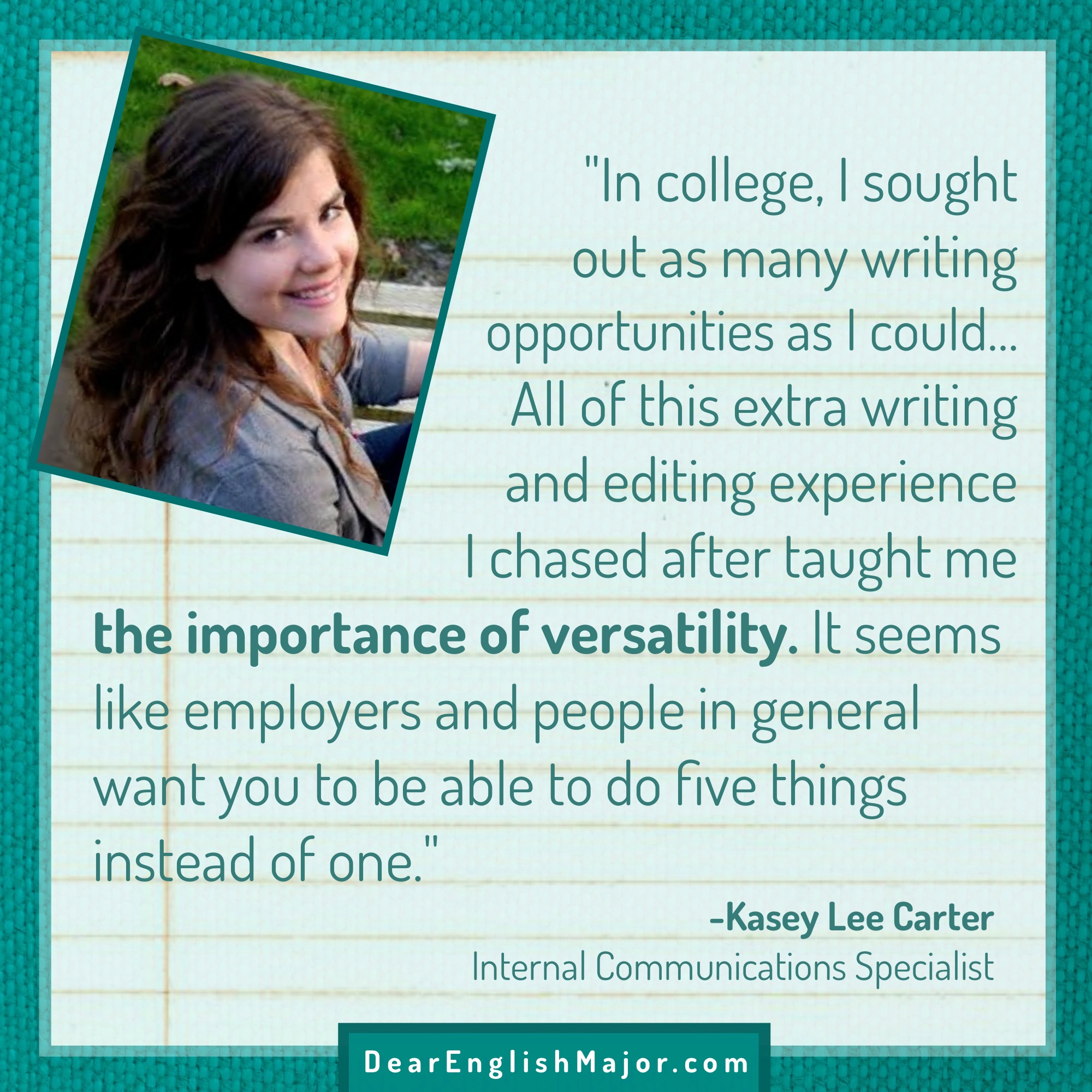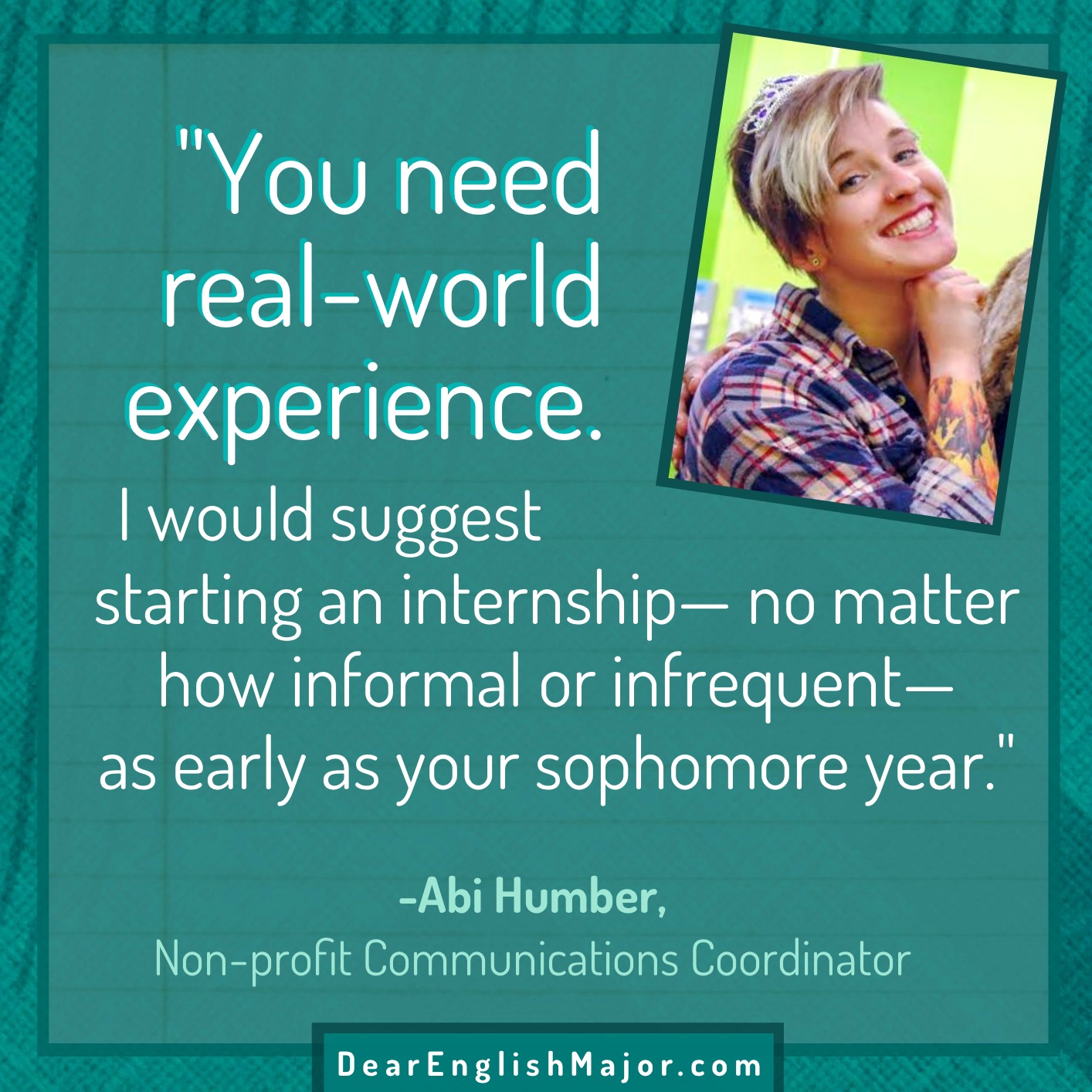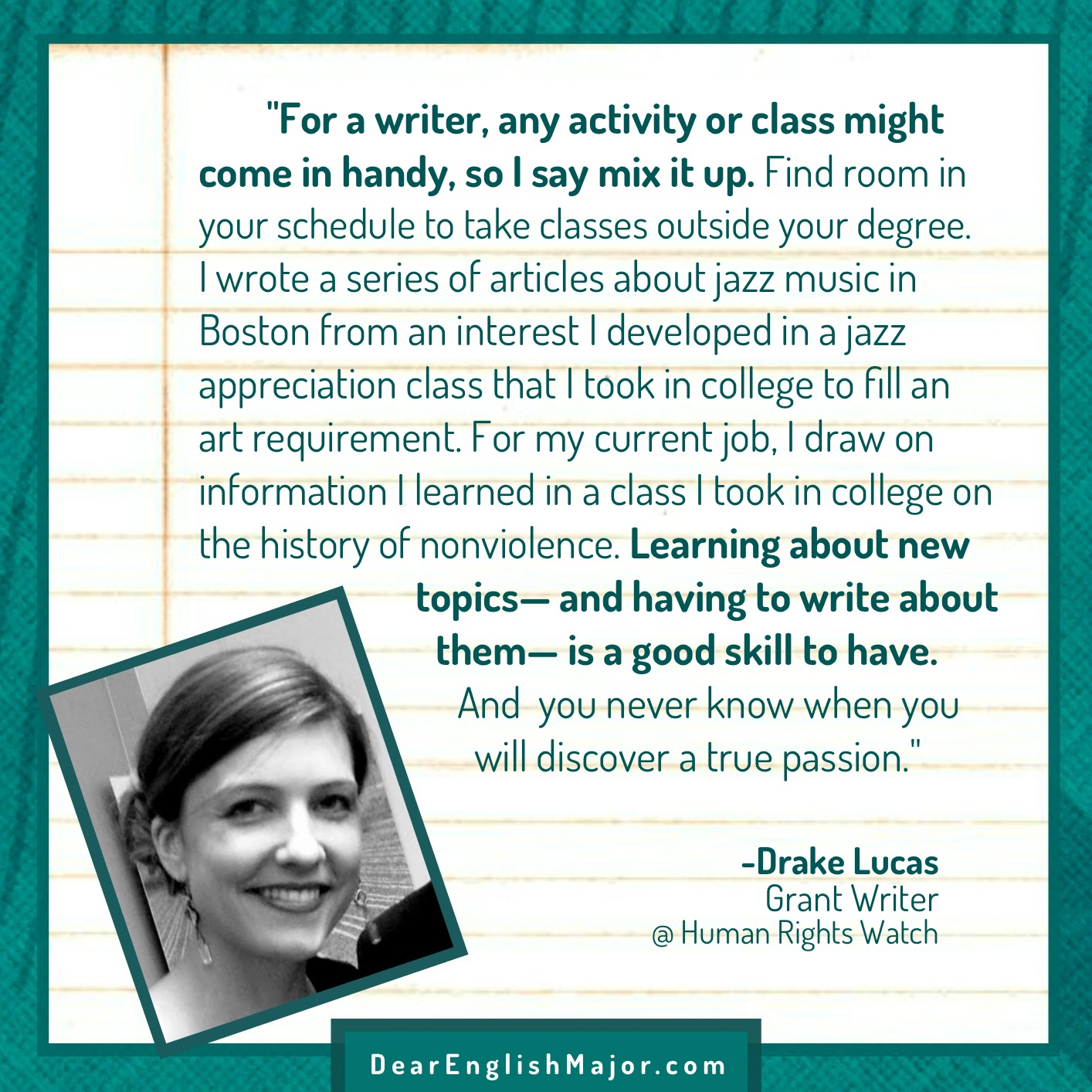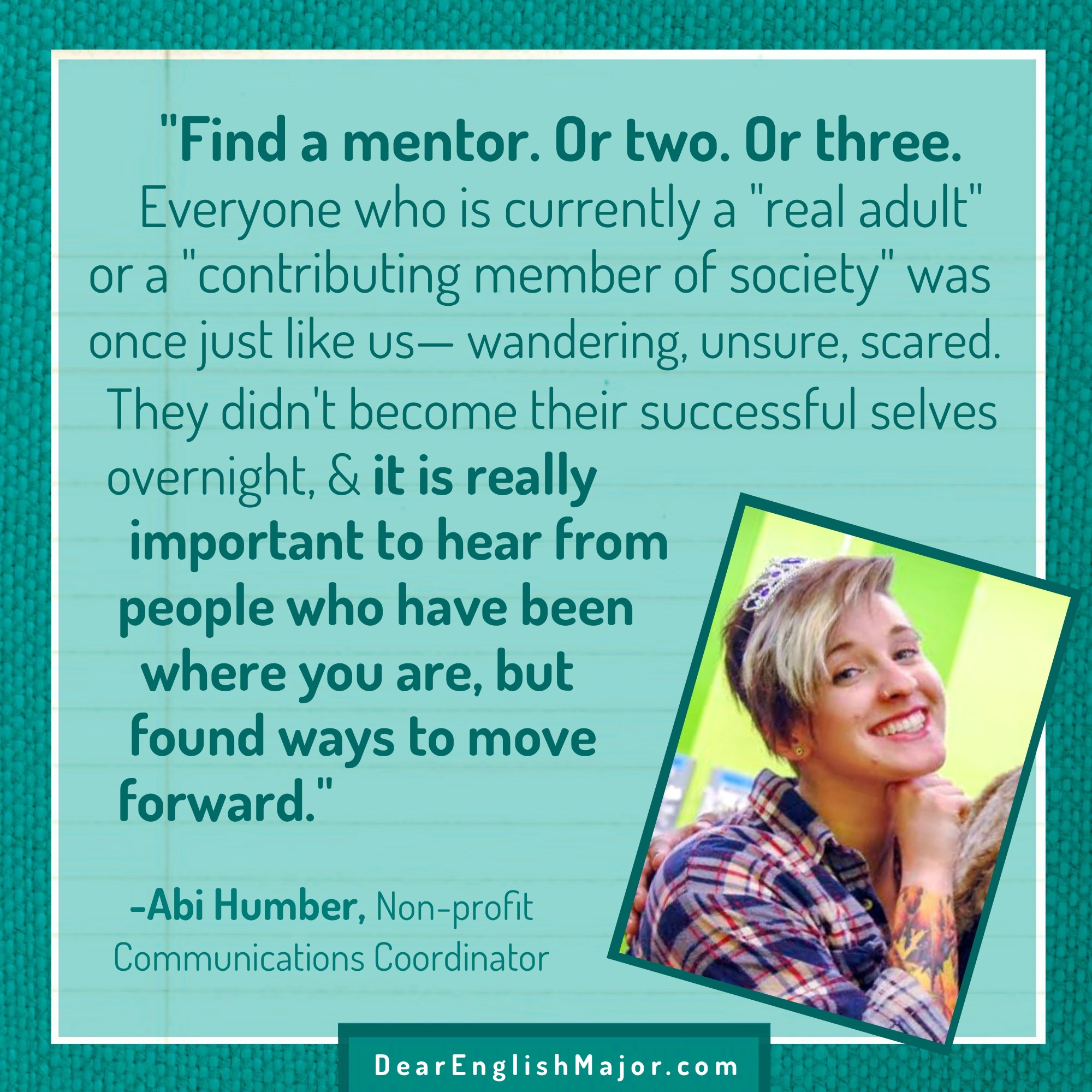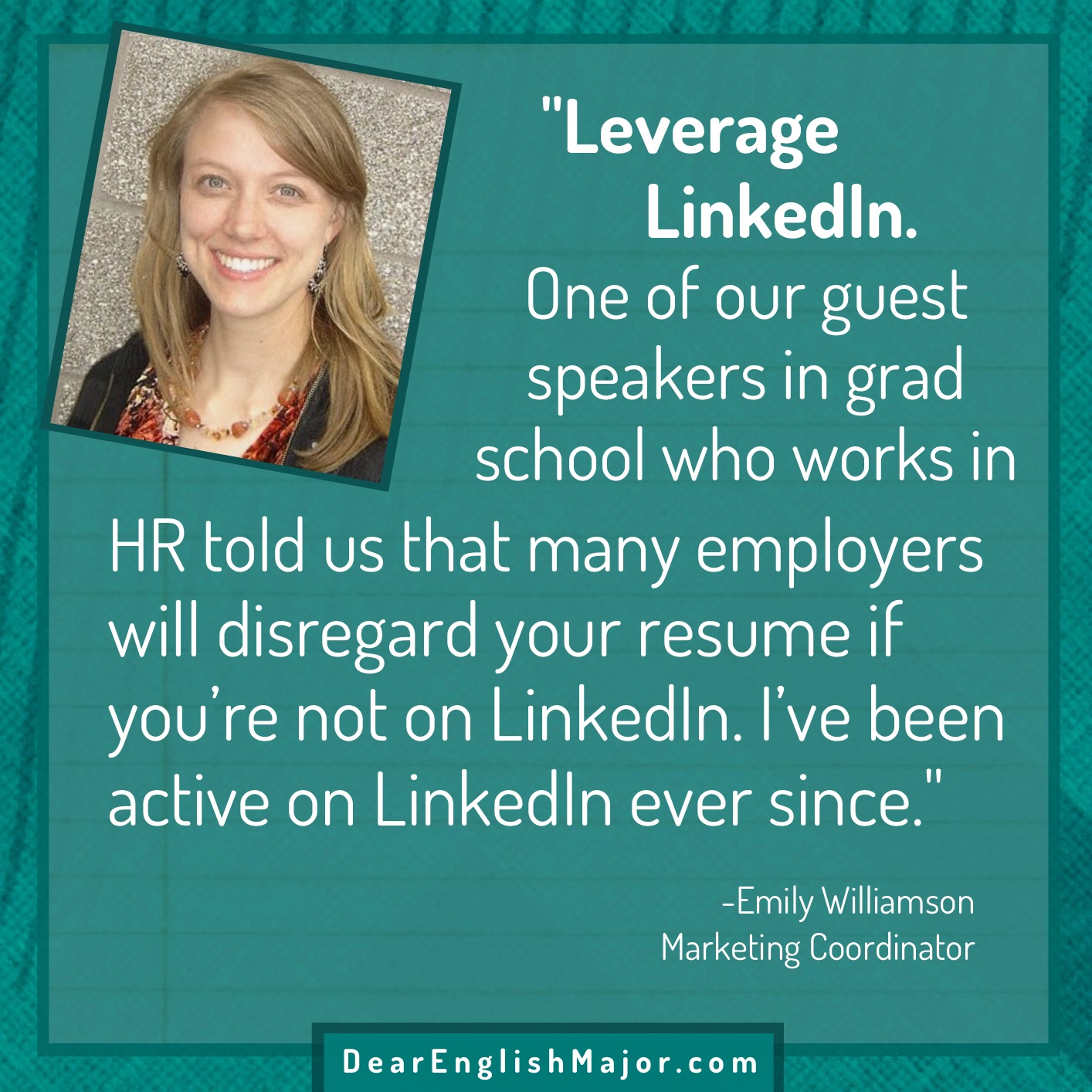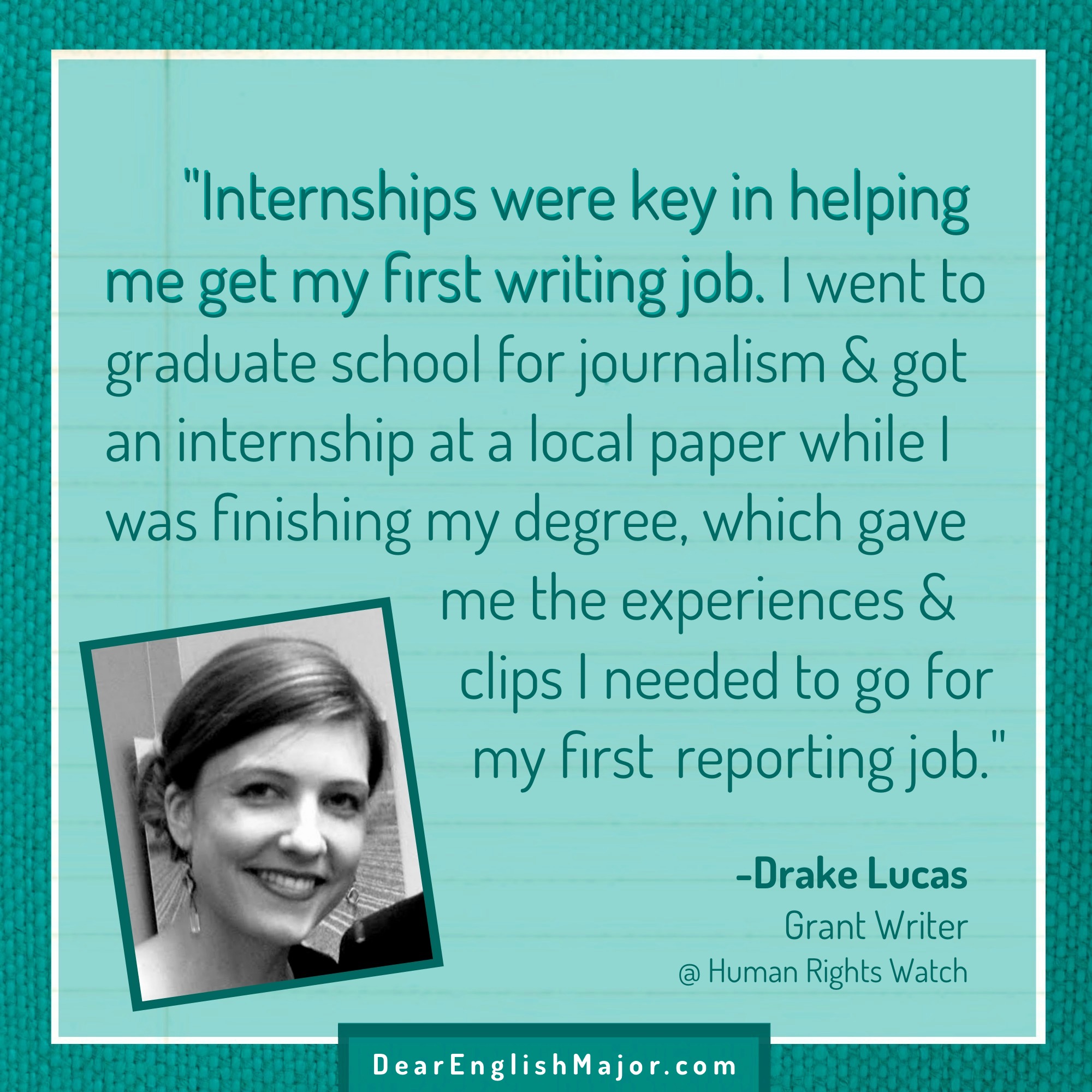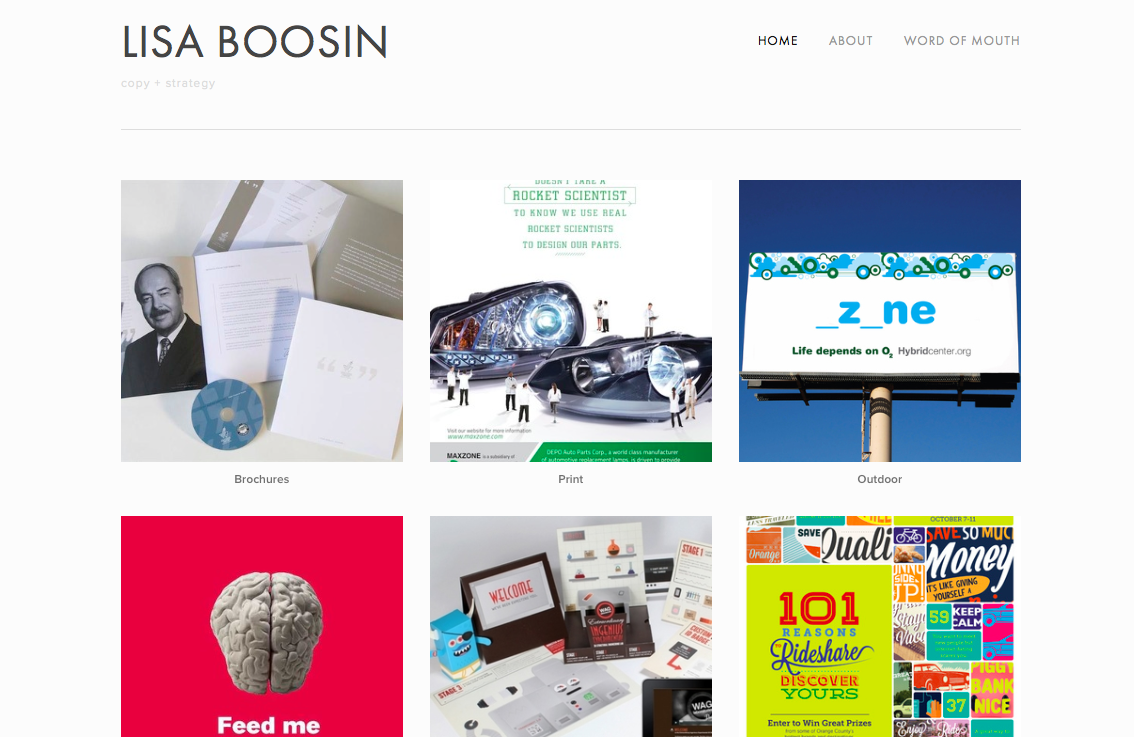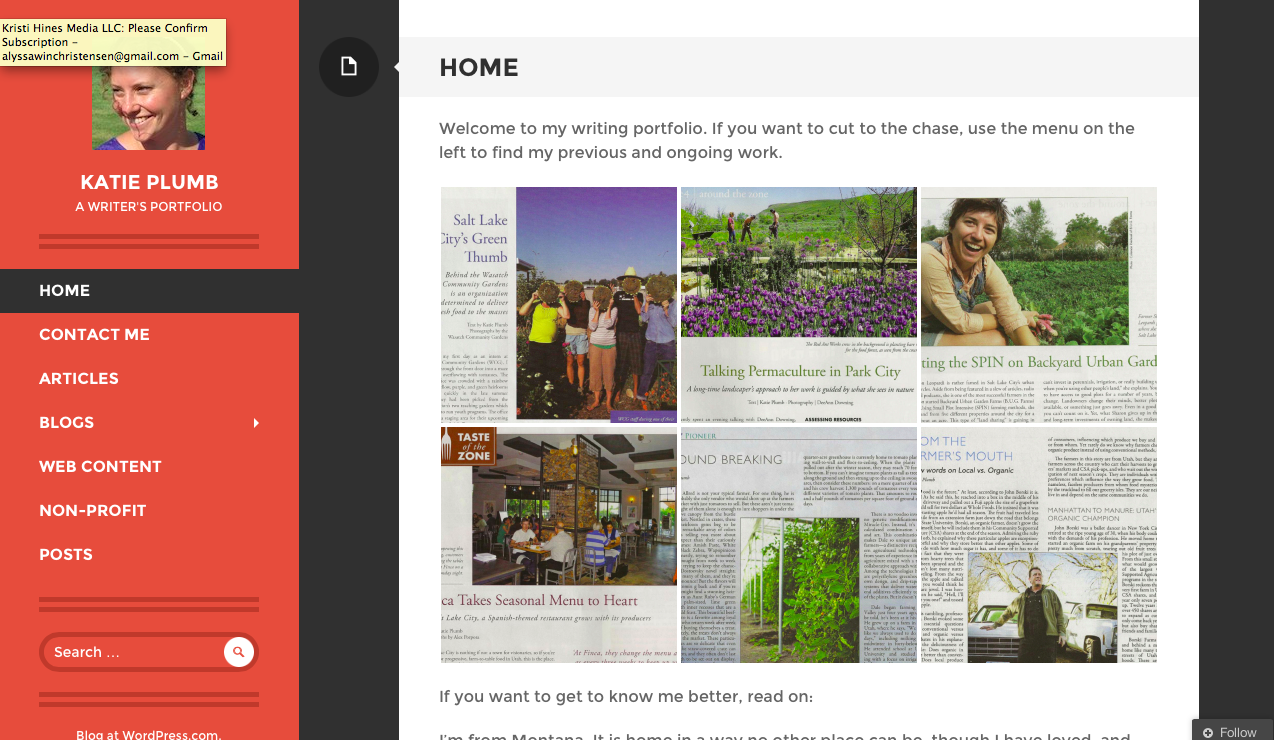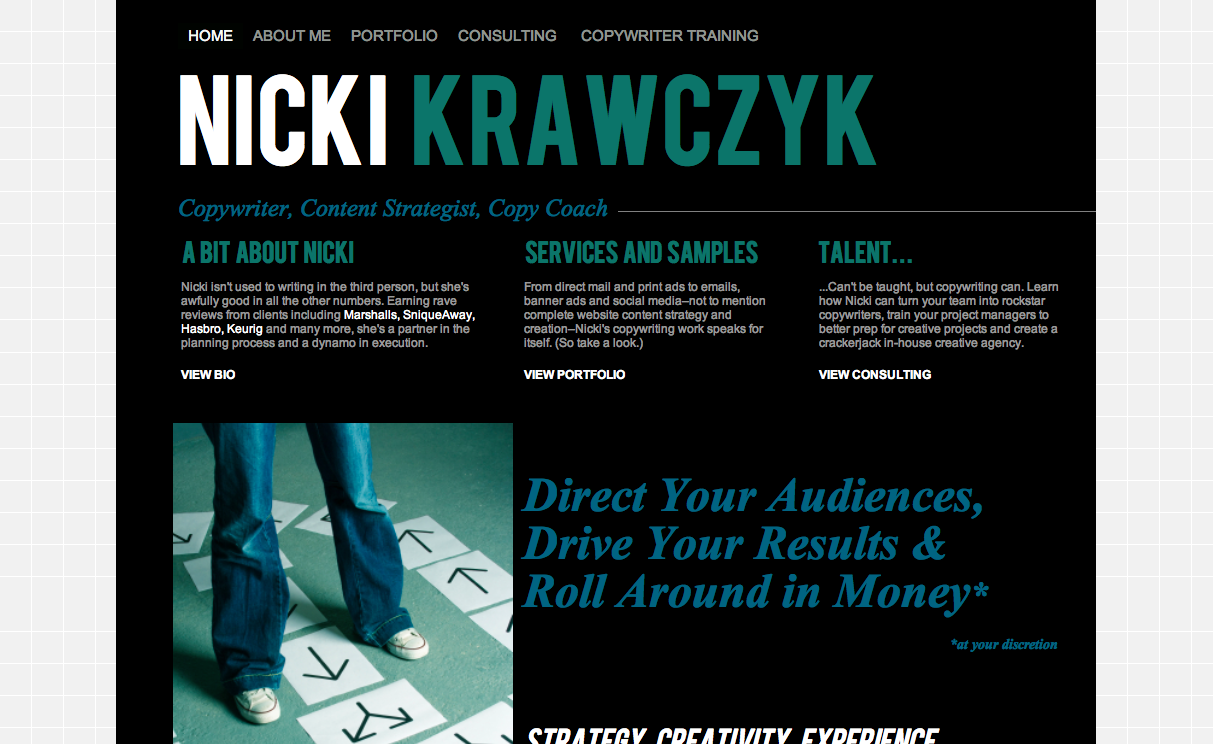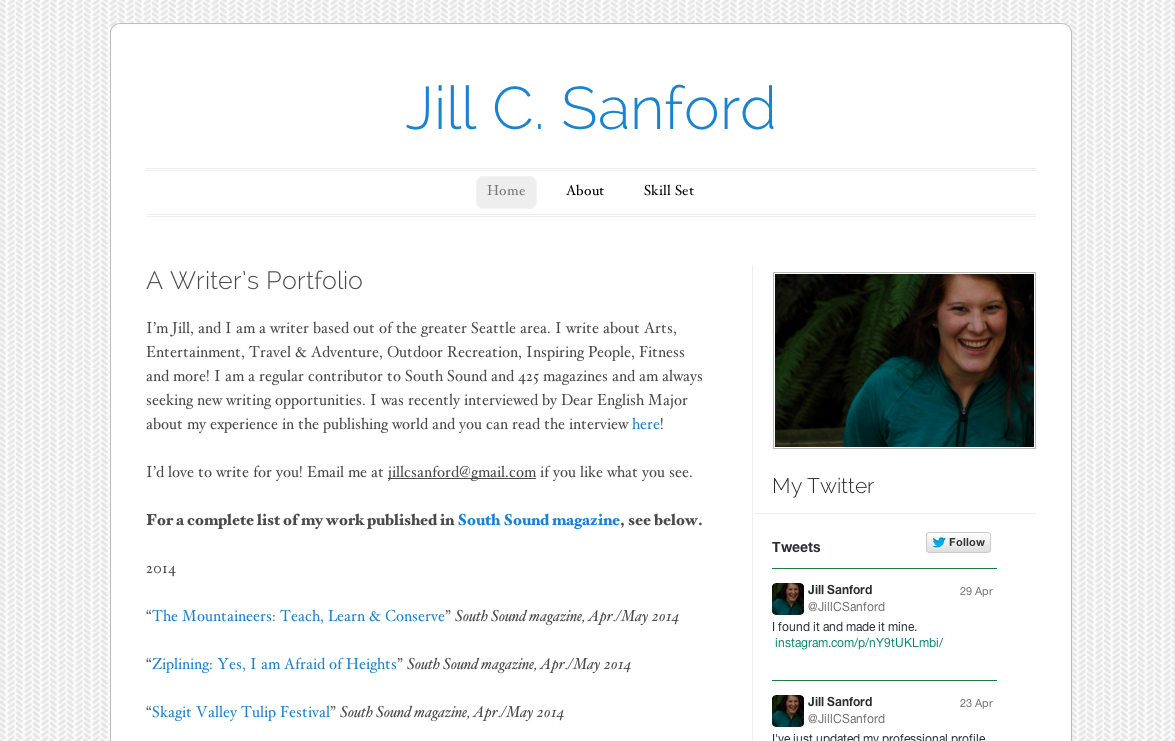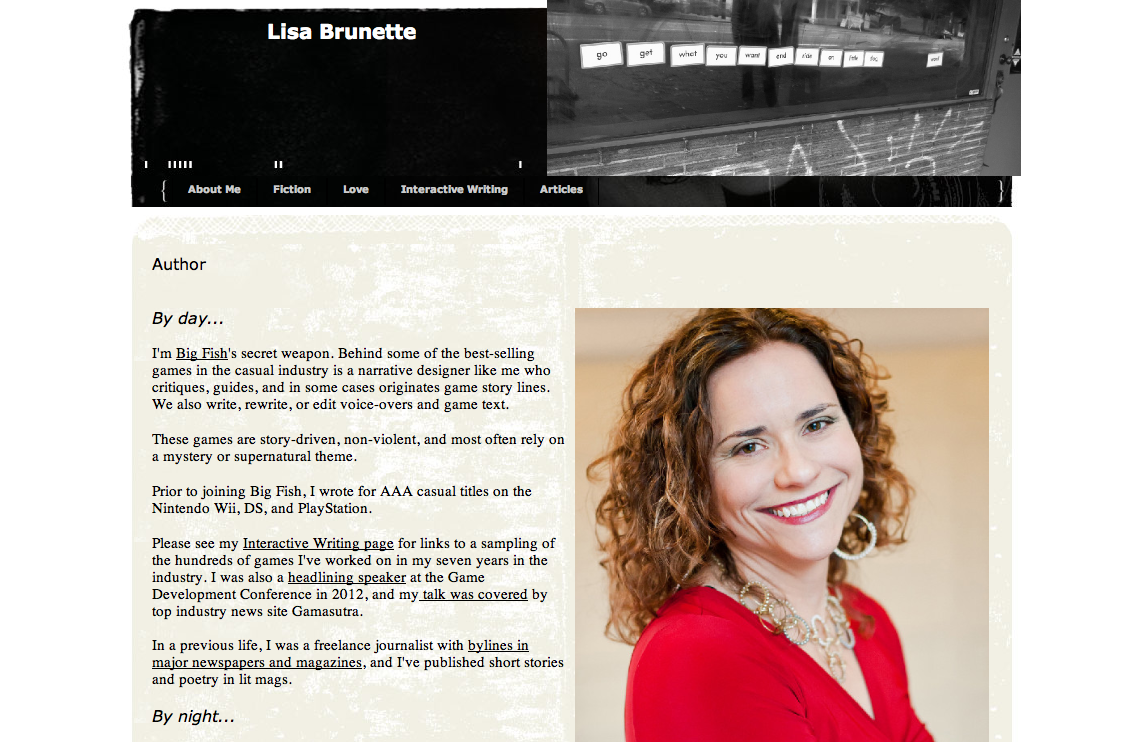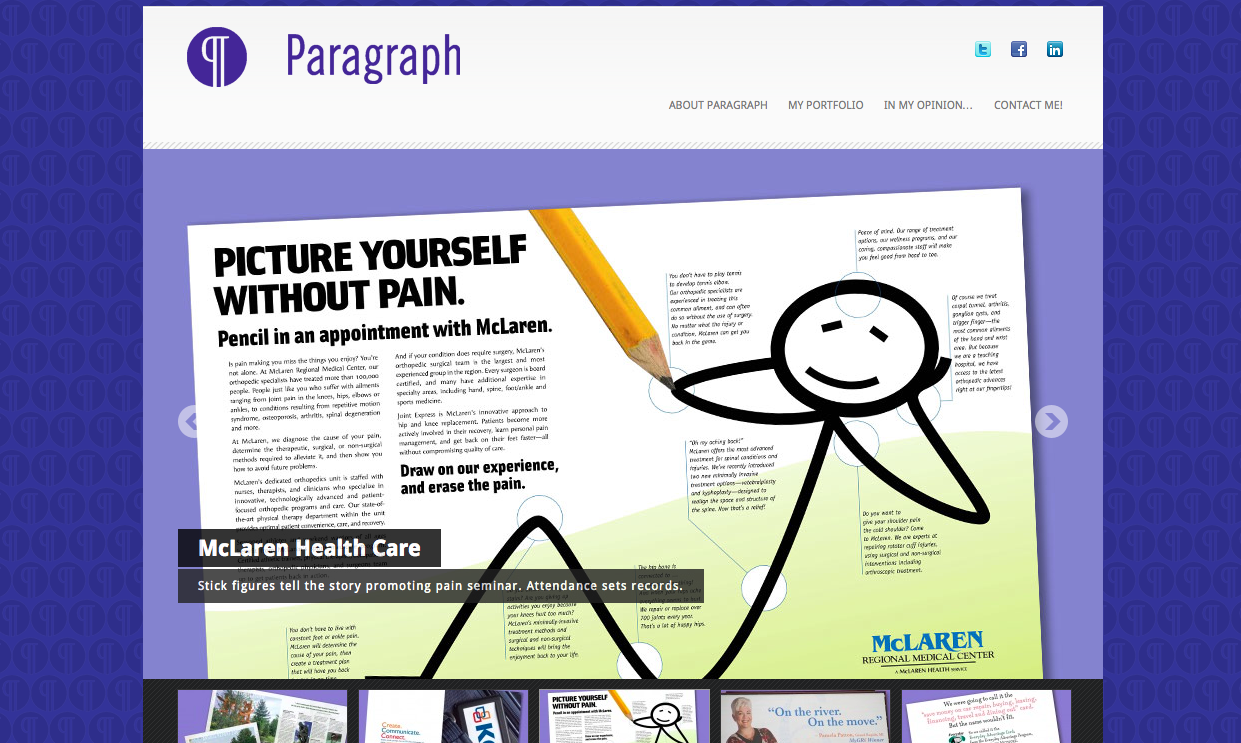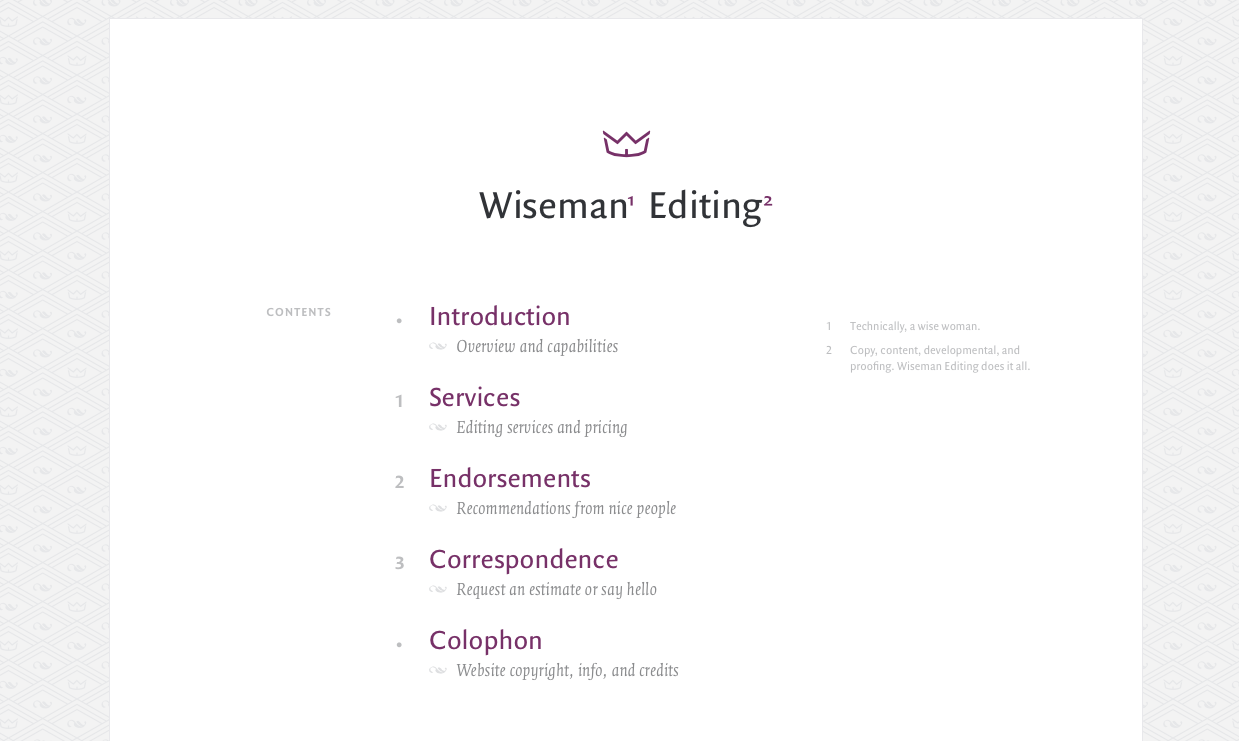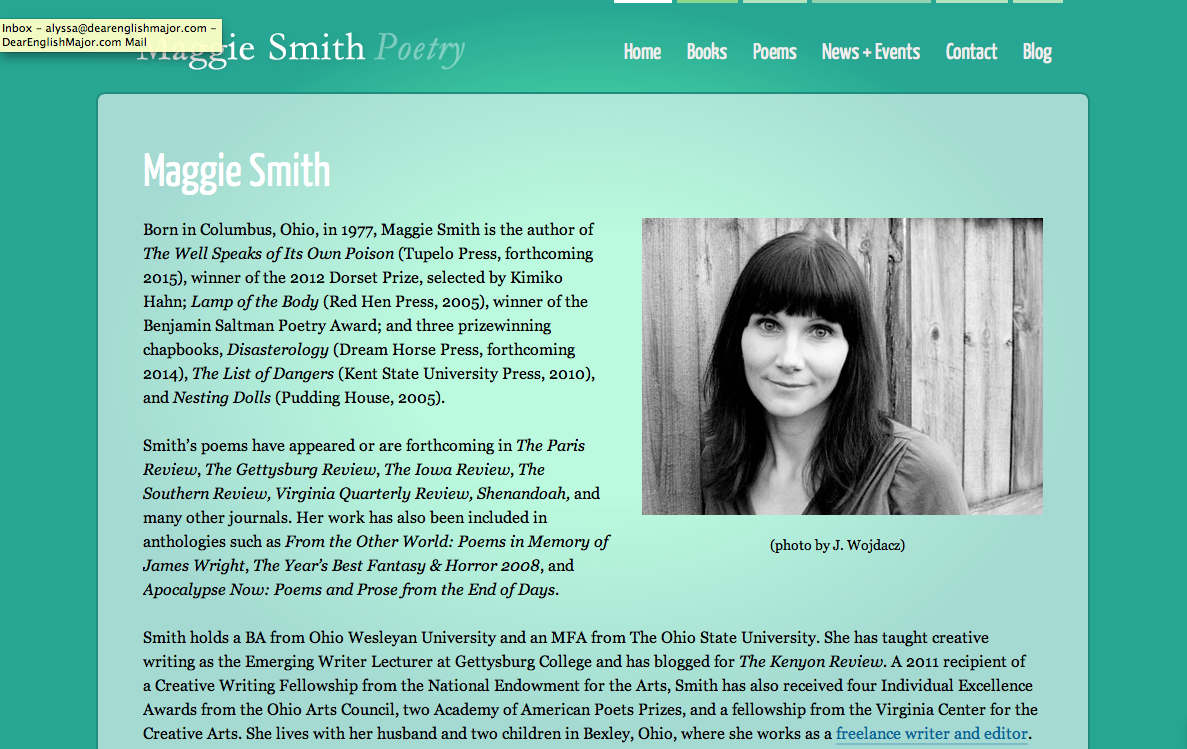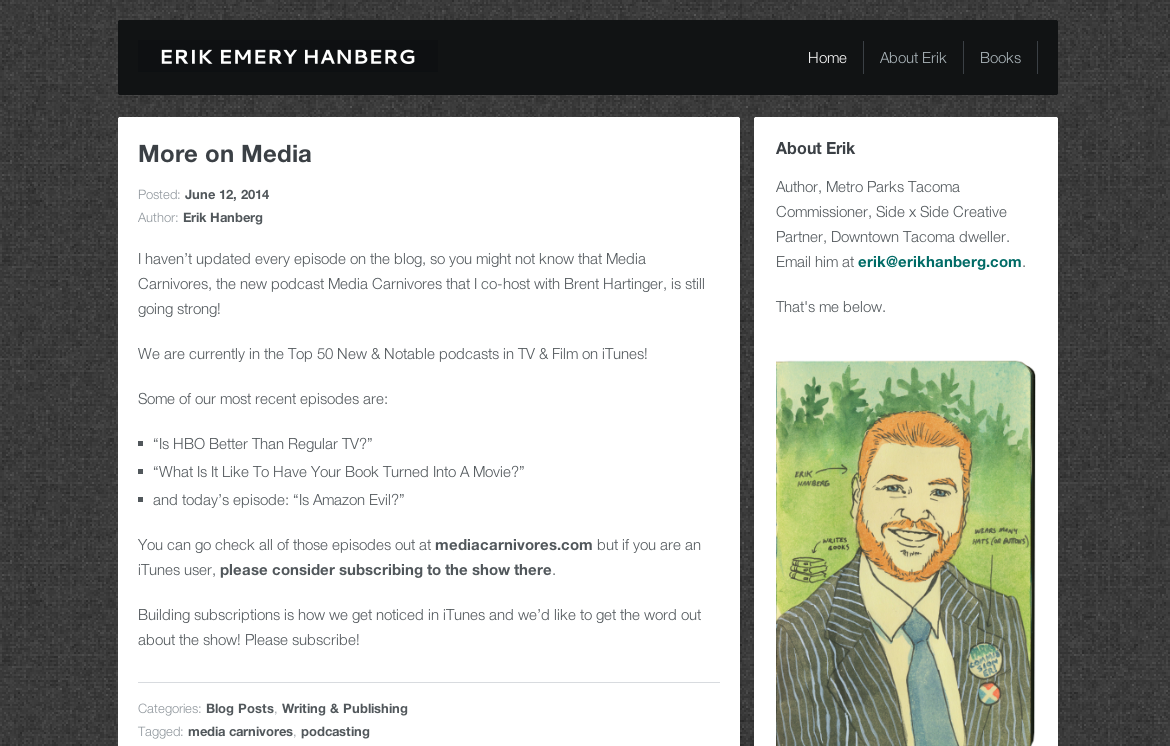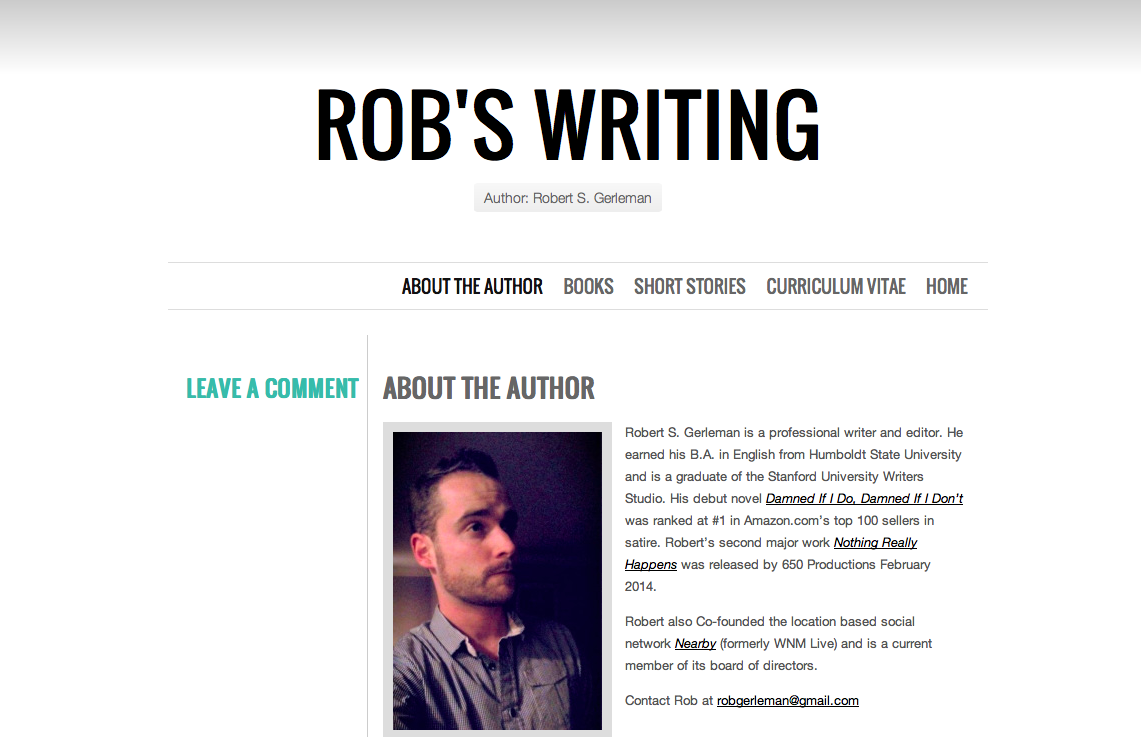Freelancing is an excellent career option for many writers—it allows you to have more choice, from the type of work you do to your daily schedule. Want to work in your pajamas all day? Want to work on the beach in Hawaii this week? Go for it! However, just like any job, there are pros and cons. It’s important to do your research before you jump in head first!
There’s some cold, hard facts you should know about freelancing if you’re considering taking the leap of quitting your day job:
1. There’s a lot that a full-time employer figures out for you. As a self-employed freelancer, you will have responsibility for these things.
If you have had experience working for a larger company, then at least a couple of the following things were most likely taken care of for you:
Your paycheck already had taxes taken out.
Signing up for health and dental insurance was pretty easy, and if you had any questions, Human Resources could help you out.
Signing up to contribute to a 401(k) or other retirement plan may have been an option for you, and your employer may have even contributed to it.
Paid Time Off (PTO) was measured out for you and your boss or HR kept track.
To begin with, as a freelancer, you are in charge of doing all of your own taxes. For many, this will mean paying quarterly taxes, or planning ahead and budgeting enough money to pay taxes at the end of the year (which you’ll also need a business license to do!). When it comes to managing your own finances, this is just the beginning! You will also have to find your own healthcare plan, and plan/invest for retirement on your own. And PTO is a thing of the past! On that note...
2. If you don’t work, you don’t get paid.
In regards to the benefit of having an employer, having PTO means that you get paid even when you’re not at work, whether you’re sick with the flu or on vacation in Hawaii. But of course, things are a little different when you’re completely on your own. If you’re working hourly for a client and not putting in the hours, you’re not getting paid. Your schedule may be flexible, but no one else is there to do the work for you and pick up the slack.
However, this also allows you to take as much vacation time as you want. Instead of being limited to what your employer offers each year, now you have the flexibility to do as you please.
3. You will probably spend a lot of time alone.
While there may be opportunities to collaborate with others, the bulk of your time will most likely be spent getting work done on your own. You’ll be in charge of managing your time, calendar, and projects. It’s important that you work well independently, are self-motivated, and are able to find that cherished work/life balance that can be so hard (especially for freelancers) to achieve. Think back to college or any work-from-home days you have had: Was 8+ hours too long to be alone? Were you able to study and be productive?
4. You need to network. Period.
Even if you set up an amazing website that showcases your skills and portfolio and “does the talking for you,” business will most likely not magically appear. You have to network. The word “network” alone is enough to stop some people dead in their job-search tracks, but break it down and it won’t be so scary! Reach out to agencies that are dedicated to connecting creatives with employers, ask friends, family and former co-workers if they know anyone who might be in need of a copywriter/editor/etc., and don’t turn down opportunities to meet new people. For some freelancers, the bulk of their work may come simply from referrals alone. Either way, it's essential to your business to make new contacts and connections.
5. You are constantly going to interviews.
While it’s not necessarily like an interview for a full-time position at a big company, each new client you meet will be like going through the interview process all over again in a way. Some clients will have a lot of questions, some will know exactly what they want, and some might need YOU to tell them what they need. At the very least, you’ll want to be prepared to tell them what you do, how much you do it for, similar work you’ve done in the past, and maybe even why what you do is important.
6. You might not have a stable income.
Many choose the freelancing life due to the fact that you have the potential to have more control over your income. You can set your own hourly rates, project fees, and the hours you put into your business are indicative of how much money you will make. This also means that when work is slow, you're not getting paid as much. It's important to figure out exactly how much money you need to make each month and ensure you can meet those goals. It will also be important to save up at least a few months worth of living expenses, just in case you don't have enough work or jobs fall through. Planning ahead is essential!
7. You are responsible for everything. No pressure!
The world of freelancing is truly a blessing and a curse! While it affords you with a flexibility that full-time, 9-5 employees can only dream of, it comes at a price. It’s all about making a trade—what are you willing to sacrifice in order to gain more freedom and autonomy? In addition to being a writer (or editor, or whatever it may be), are you ready to also be your own finance, human resources, and marketing departments?




































